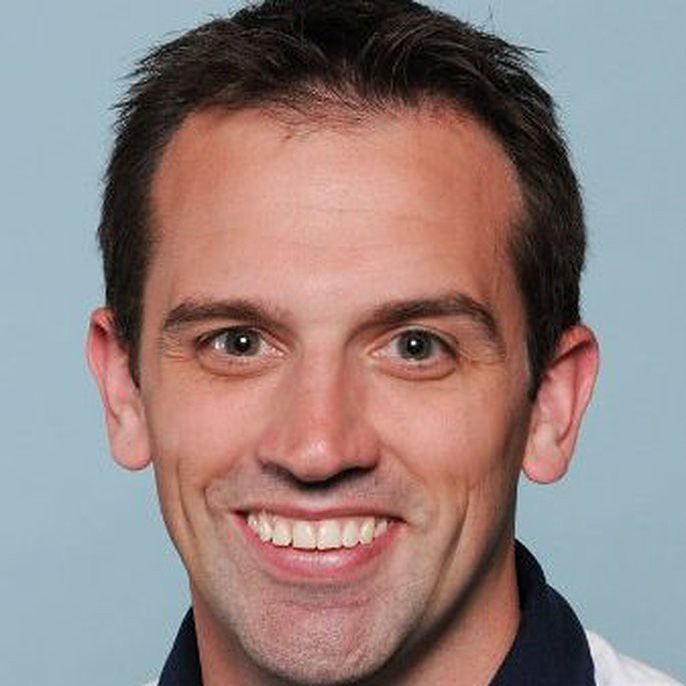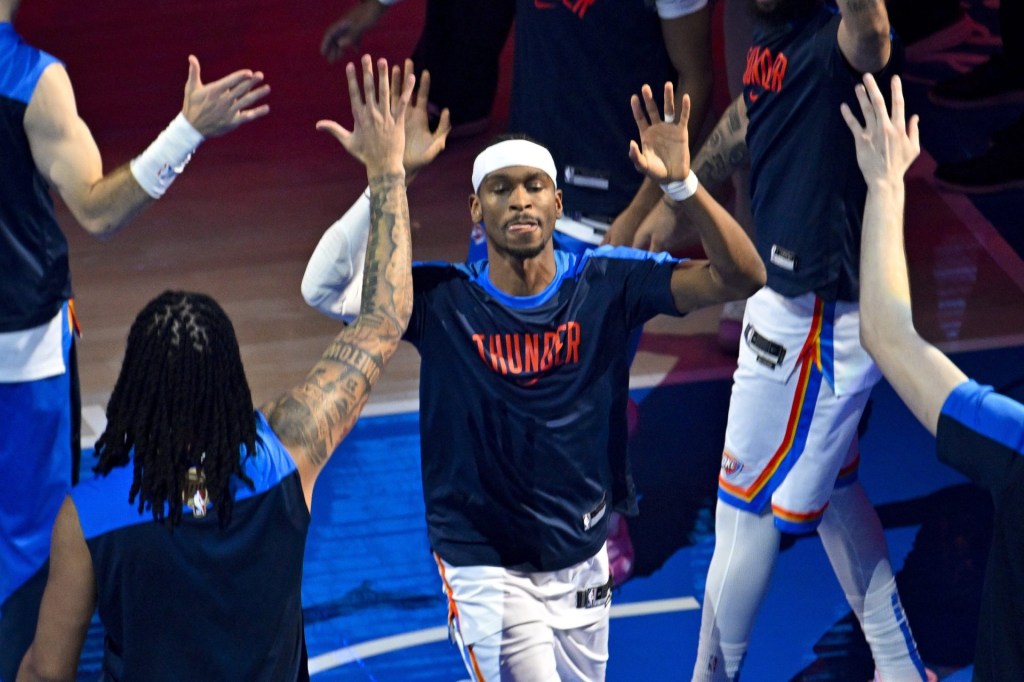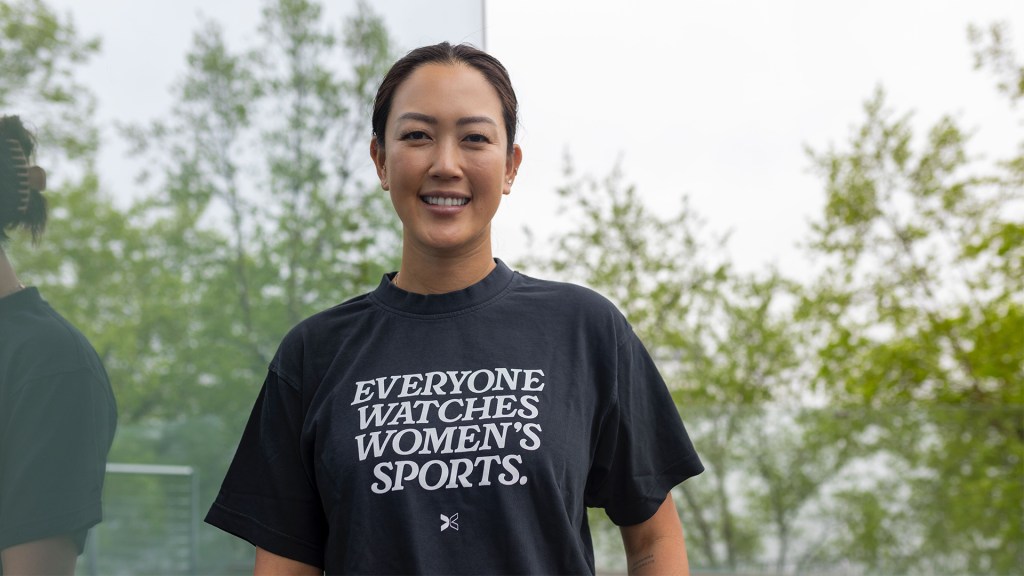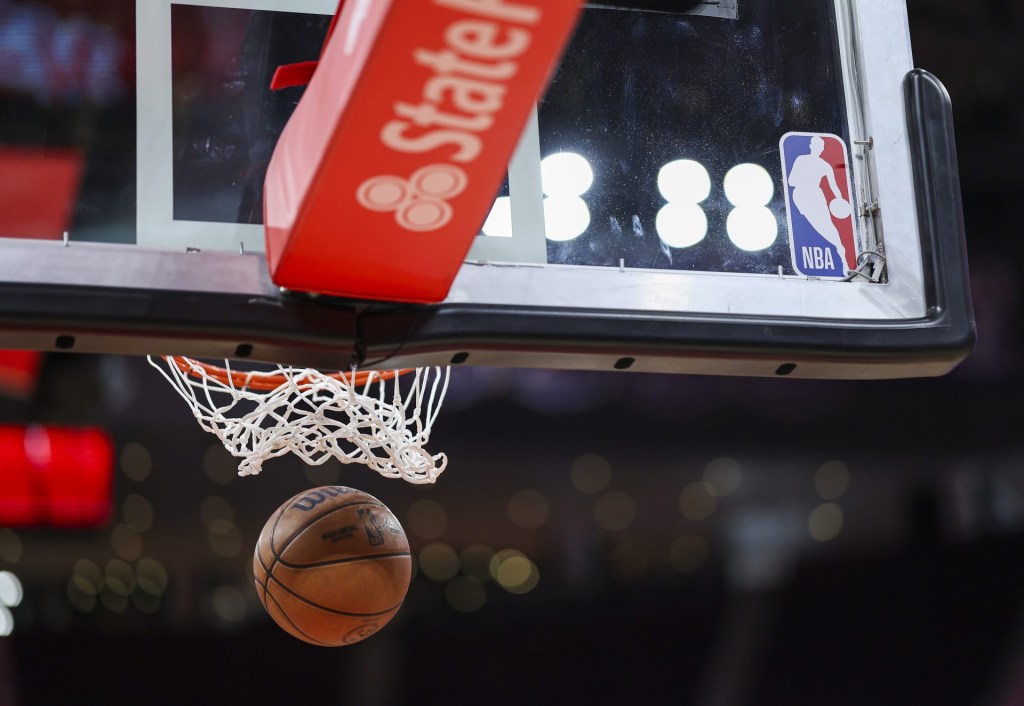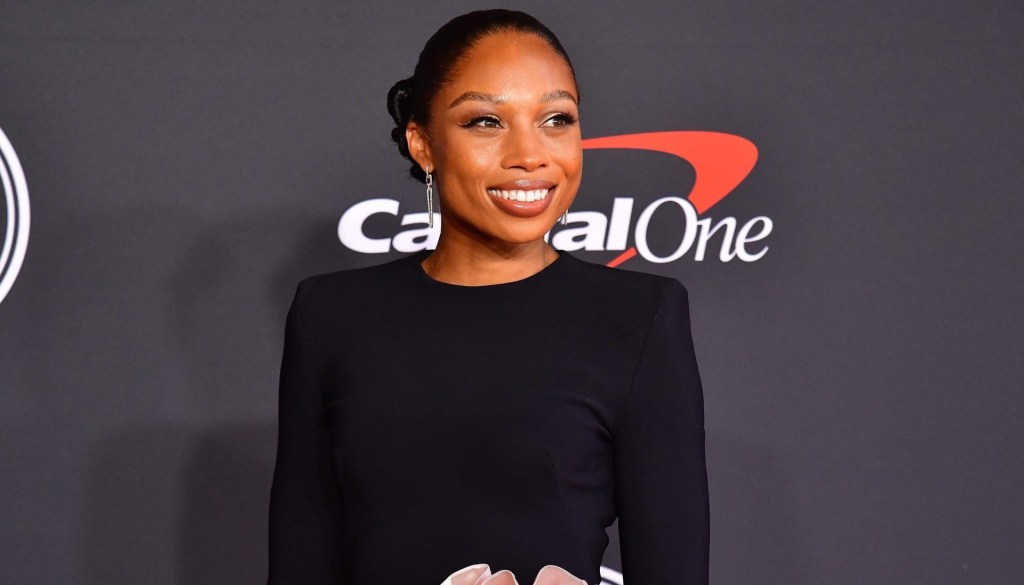By: Peter Studer, @Pete_Studer

Front Office Sports is proud to have sat down with Gary Paczesny, Coordinator of Digital Media for University of Memphis Athletics. Previously he has spent time with both Notre Dame and the Fiesta Bowl. Gary has been involved in Digital Media Marketing since the birth of the industry and, having seen its growth over the past decade, is well equipped to shape the industry going forward.
Since you first started work, you’ve earned a Masters in Sports Administration from Western Kentucky University. How would you weigh the benefits of additional education versus the benefits of industry experience in Sports Media?
I think the benefits of industry experience are really highly valuable. For me I reached a point where I wanted to continue my education in order to further set myself ahead of other people when it came to job searches. A lot of times having a masters will do that. That was something that I knew I wanted to do in order to advance my way up the ladder in college athletics. I decided to make a move and do that while still working at Notre Dame. I chose Western Kentucky because they had a program that was fairly new to the market and allowed me to study on a remote basis while working. It was a great opportunity for me to go out and get my masters. Being able to experience the industry on an everyday basis is something that’s invaluable but having that education goes hand in hand.
What does a typical day look like as a Coordinator of Digital Media?
As you get ramped up for the year, every day is a little bit different. Especially with two soccer teams, a volleyball team, and a football team all starting practice, it makes for a busy August. It’s always changing. It’s not just the social media, it’s making sure the video content is up to par. It’s making sure we have everything we need to produce video graphics and video elements for our board. It’s making sure phone lines and everything else is up to speed. As we get into basketball season, it’s all about repetition. Once we get through football and the fall sports, it’s about making sure we can manage the day to day. That starts in about the third or fourth week of the football season. Knowing what we’re doing on a daily basis.
You first started in sports digital media back in 2007. How have you been able to adapt to advances in technology and changes in the way fans consume digital media?
I think one of the biggest things is that we went from tape to digital files. That was a huge advancement. Right now, in the digital scheme, if you’re not trying to advance what you’re doing you’re going to fall behind really quickly. Everybody made that jump from SD to HD and we all thought that’s where things were headed, but every day now files are getting smaller, drives are getting smaller, and the ability to put out more content is increasing. The way fans are consuming sports every day is changing. It went from the traditional 6:00 news for their information to them clamoring to Twitter and Instagram. At the same time you’re trying to be resourceful knowing fans are going to find what they want where they want it. It’s a balancing act figuring out what we’re going to share with our fans versus what they’re going to find out from outside media outlets.
Do you feel pressure to put out more and more content or do you take a more conservative approach?
There’s a lot of pressure to put out more and more content every day. Not only quantity, but quality. It’s about putting out a better product in a more timely fashion. After a game we’re driving or flying back home and during that ten minute commute I’m thinking, “Gosh, I wish could see what the fans are talking about on social media or our message boards and what we can capitalize on.” It’s a never ending news cycle now. The availability of real time highlights. I go back to 2013 when Kevin Ware of Louisville broke his leg. I was at the game and even though I couldn’t quite see what had happened, a buddy texted me a video of what happened. And everyone was passing around phones taking a real time look at what happened. Even in the stadium, people were consumed with seeing what had happened via social media.
How responsive are you to what fans are talking about?
It’s important to understand what the fans are talking about, but you’re not always reacting to everything that’s going on. As I sit here now in front of my computer, I have Twitter open, I have one of our message boards open just to see what’s been going on today. It helps us craft a message. If it’s a parking situation during a specific game I can go to our ticket office or event staff and let them know what’s happening in real time. It’s also about seeing how our coaches and athletes are portrayed in the media throughout Memphis. We may not be able to directly effect it, but it gives us an opportunity to be responsive.
In an ever-changing field, how do you create a balance between innovation and a consistent product/brand identity?
It’s about adapting to the market and knowing what’s going on with our fans. People are going to think its kind of crazy but Memphis and Notre Dame are similar. At Notre Dame everything you did echoed nationally, but for us it’s confined to about a 100 mile radius. Notre Dame announced today a deal with Showtime and it was all over Twitter for a while. If something like that happens at Memphis, it’s the same velocity of news, just within a smaller radius. We deal with it on a smaller scale, but it’s a similar reaction.
Your job is to create high-level content for your university. How do you leverage that skill set to promote your own network and online identity?
Sharing with people what we’re doing. If you’re at a school like Notre Dame, you can do a quick retweet and people are going to see it and know who you are. At Memphis, it’s just being able to share content with professional organizations and people on Twitter/Instagram. It’s about letting people know what Memphis is doing and how I’m contributing. It’s good for me when we go into different situations, I always make sure I have stuff on my phone. When you’re talking to people you can show them your work. If you’re in a conversation you can say “I’ve done this before and when I get back to my desk I can send you some more.” You have to really try to network with people and really let them know what we’re doing.”
How do you measure success, both personally and professionally? Is it through engagement analytics, high quality content, or some other measure?
It’s a little bit of everything. On a resume it’s about analytics. That’s what you want to put down. That’s what people want to see. They want to see that percentage of growth or that addition of fans or clicks and how they might be able to leverage that into their own programs. When it comes to talking to people it’s about showing how much you care. Showing people how you’ve been successful. In the video world it’s hard to show true success because success for Memphis is different than success for another school. It’s all based on what our specific goals are for that content field and team. It’s a lot different for Duke Basketball than it is for USC football. They’re leveraging different markets in different areas. When you go into an interview you’re just trying to show people who you are and how you’ve been successful and have them relate back to you.
How did you break into the field of sports digital media? Was it a longstanding goal, or did you take advantage of opportunities that were presented to you?
It was partially opportunity. After my undergrad at Valparaiso I spent just under a year at the Fiesta Bowl working in the media relations office. After that I moved back to my hometown of South Bend and was kicking around the athletic department at Notre Dame. When they decided they wanted to start their digital media department I took a chance. I had done some work as an undergrad freelancing with ESPN and various broadcasting groups that came to campus so I had an idea of how it worked. They gave us the equipment and we kind of ran with it. We managed to build it up from two video staffers and a radio guy to a staff of fourteen people. For me it was time to make a change and continue my growth so I made the move to Memphis. It helped me advance my career and was a good step towards reaching my goals of higher administration.
What is one thing students and young professionals should be doing that they aren’t already?
You need to be able to volunteer. Go into a media, compliance, or business office and show people that you’re invested. They’re always looking for students who have something to show. We took a staffer with us to our minor league ball park and she got a full time summer job working with the Memphis Redbirds because she sat there and got to know their marketing department. Networking with people is huge. One of the biggest things is the ability to really connect with people. LinkedIn requests are fine, but being able to reach out and get to know someone and have them get to know you is invaluable. There are times where we need to add somebody to staff and I’ll go back to people I know and ask for recommendations. Being able to introduce yourself is one way young professionals can establish themselves in the market.
I think that being able to take your opportunities when they come is important. Having worked as an intern, I know those opportunities are out there and that you need to able to capitalize on the people you meet. People in college athletics are always talking. Sometimes it’s superficial, but it always presents on opportunity. Never feel like you’re in a pinch and good things will happen.
We would like to thank Gary for his time and insight and we wish him the best of luck going forward!
Stay up to date with Gary’s work with the Memphis Tigers by following him on Twitter here! You can connect with him on LinkedIn here!
